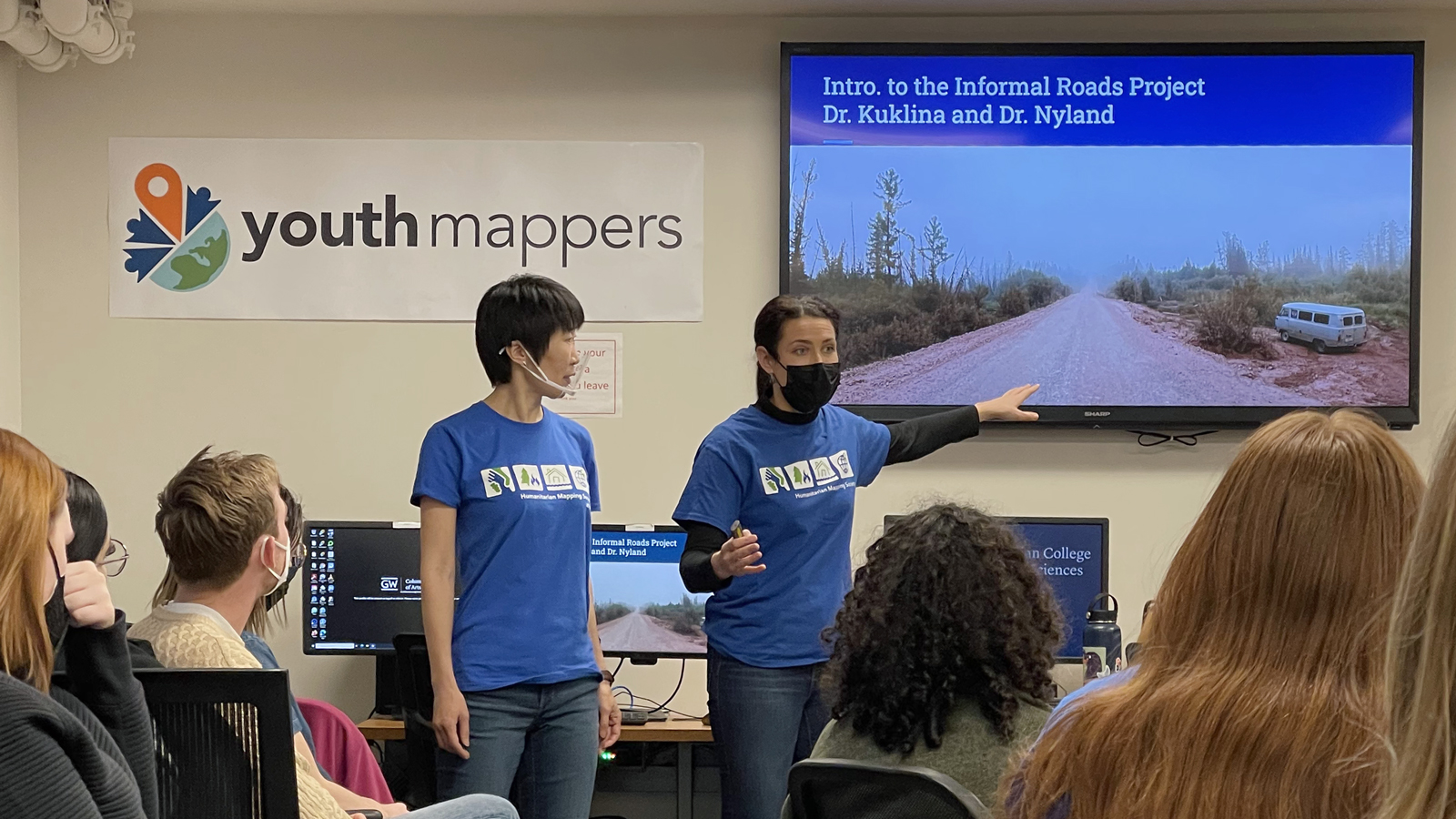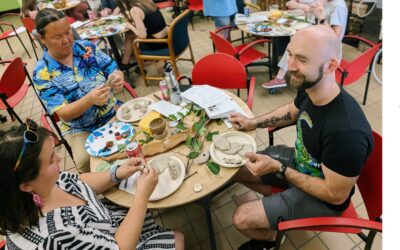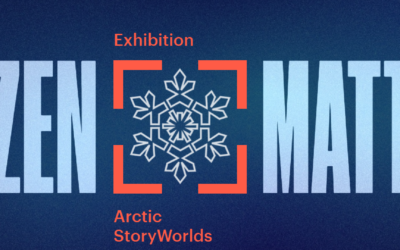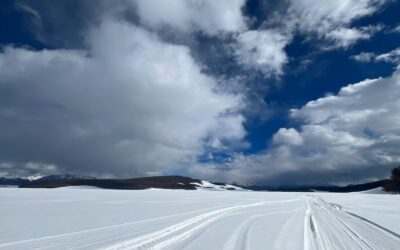Team members of the Informal Roads project in collaboration with GW Humanitarian Mapping Society (HMS) organised a mapathon in the George Washington University on February 11, 2022. About 30 volunteer graduate and under-graduate students helped to trace informal roads (logging roads, paths, trails, etc.) and other infrastructure around Lake Baikal.
As it was reflected by graduate student Sara Fatimah, one of the volunteers: “The mapathon provided me with a considerable amount of learning opportunities. Not only did I learn about the various types of informal road networks that exist within the trans-Baikal region but comparing the historical imagery to the modern imagery, I was astonished to discover how much the land cover has changed over time. What was particularly enjoyable about the mapathon was the community aspect. Mapping imagery alone on a Friday evening may not sound very appealing but when you map together with 30 other students and there is plenty of pizza to go around, it makes your evening a memorable one.
Throughout the event, I was able to discuss what I was finding in my imagery with other participants while also learning about the various roads and objects they were coming across. This kind of dialogue provided a space for communal learning where participants incorporated each other’s feedback into their work while also mapping for a scientific and humanitarian cause”.




